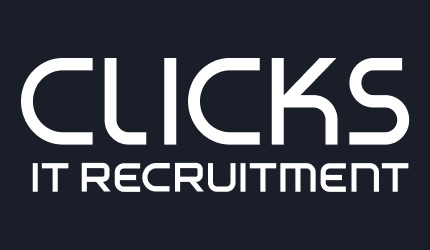Culture Fit is a Bad Idea and Could be Discriminating
At the risk of being unpopular, in this edition of our ‘Achieving diversity through recruitment’ series, I want to explore using the term culture fit when hiring. Culture fit was a concept introduced in the 1980s to shift the focus beyond skills and experience to personalities and values. Now, more than three decades on, I’m questioning the relevance of assessing culture fit when recruiting staff.
The problem with culture fit
Firstly, the definition of culture fit is often vague and unclear, or it means different things to different people. Another concern is that unconscious bias often creeps in when assessing culture fit – in particular affinity bias. We tend to gravitate towards people like ourselves with similar interests, experiences, and backgrounds. This can include cultural background, gender, age, or educational background. Therefore, hiring decisions become based on personal connection. Sometimes referred to as passing the ‘beer test’ – would I want to go out and have a beer with this person?
So, when candidates are deemed a good ‘cultural fit’, it simply means they are a social fit. As a result, recruiting for culture fit has become a way, often unintended, of shutting out people already under-represented in various sectors and perpetuating discrimination – whether it be racism, sexism, ageism, or ableism.
Given the abundance of research about the benefits of diverse and inclusive workforces, hiring for culture fit hurts innovation, employee engagement, productivity, and the bottom line. There are also reputational risks and damage to recruitment and attraction efforts. Finally, it makes it hard to provide candidates with meaningful feedback that will help improve their chance of securing work.
What should we say instead?
Shifting the focus to ‘values fit’ is a good start. I recommend hiring managers focus on worked-related values rather than shared personal experiences. For example, a passion for process improvement or a strong desire to achieve the best outcomes for customers.
Why ‘culture add’ is better
A focus on culture is not a bad thing. As management consultant Peter Drucker famously said, “culture eats strategy for breakfast”. Workplace culture is vital to staff engagement, wellness and retention, and the company’s brand, image and performance. I think the term ‘fit’ is the issue. That’s why I recommend ‘culture add’ instead.
As highlighted, focusing on culture fit diminishes the opportunity to create more diverse and inclusive workplaces and reap the associated benefits. But another critical factor is that ‘fit’ does not promote growth or change. As a result, organisations risk becoming relics like Kodak or Blockbuster. Culture ‘add’ supports the evolution required to remain successful. Hiring managers, business leaders, and HR teams are forced to continually ask where we are going, what has changed, and notably, what type of profile, person, or perspective are we missing from our team or will help us move forward. Focusing on culture add will bring a constant flow of new and fresh ideas and experiences.
Practical steps you can take now
I appreciate that ‘culture fit’ is well embedded in many organisations, so it will take time and be challenging to shift. Furthermore, delivering successful diversity and inclusion initiatives requires executive sponsorship and training to support your hiring teams.
So here are some practical steps you can take today as you make the shift to assessing ‘culture add’ when hiring:
- Clearly define cultural attributes with a focus on values.
- Conduct structured and consistent interviews and utilise an objective scoring system.
- And my favourite, introduce a ‘wild card’ option when shortlisting potential candidates. Considering candidates as a ‘wild card’ allows you to view profiles you may not typically consider in a more positive light. Hopefully, in time, as hiring for culture add becomes standard practice, so will hiring ‘wild card’ candidates.
The funny thing about culture is it exists whether you do choose to focus on it or not. I hope I’ve inspired you ensure you avoid the biases associated with hiring for culture fit and improve diversity within your teams.
Clicks has trusted partnerships with Australia’s most effective diversity enterprises. So, whether your goals include more female, neurodiverse, LGBTQIA+, or indigenous workers, we have a partner network to guarantee an appropriate and culturally sensitive recruitment experience.
For any hiring needs, don’t hesitate to contact your Clicks Account Manager or call 1300 CLICKS for a confidential discussion. We believe our talented and diverse workforce is why we’re so successful. We work hard to support our clients in achieving the same success by increasing the diversity of their workforces.

Chief Operating Officer









